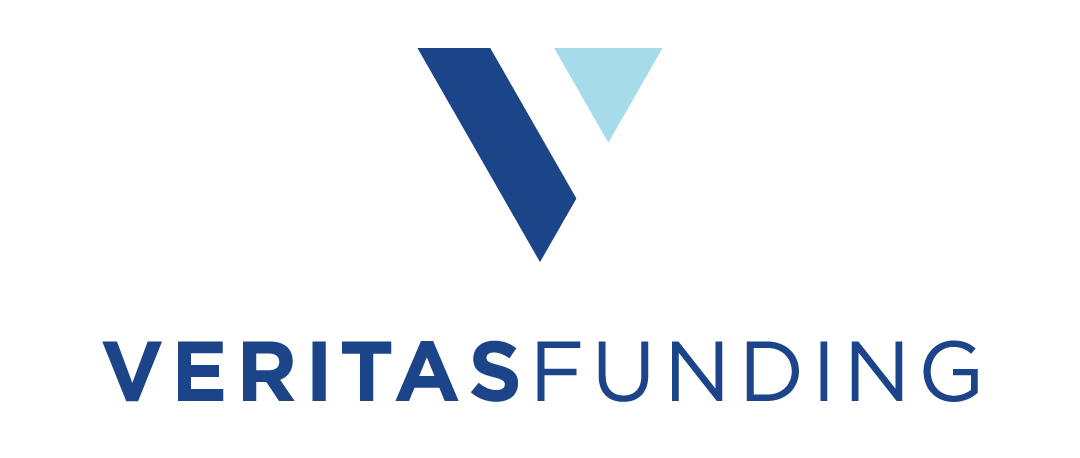
Why it pays to take a homebuyer education course
By Erik J. Martin, CTW Features
As kids in school, we learned about reading, writing, arithmetic, and other subjects. But sadly, as adults, many of us lack the money smarts to make good decisions before a major purchase. And there is likely no larger transaction you’ll make in your life than a home, which typically costs hundreds of thousands of dollars.
Fortunately, homebuyer education courses exist that are designed to prepare home buyers – particularly first-time shoppers – for the experience. Class instructors just wish more consumers would invest in their financial education and enroll in these courses before purchasing a property.
“The home buying process is complicated. Even consumers with sound financial literacy may not know where to start if they’ve never bought a home before or if it’s been many years since they purchased one,” explains Jessica Ferastoaru, a housing counselor with Take Charge America, a Phoenix-based HUD-approved nonprofit credit and housing counseling agency. “Oftentimes, potential buyers don’t recognize that elements of the process extend beyond finding a Realtor, searching for a home, and applying for a loan. There are many other important considerations – from getting prequalified to finding the right lender, determining an affordable housing payment, comparing different loan types, and evaluating the upfront and ongoing costs involved in owning a home.”
Ryan Gable, owner of StartingPoint Realty in Chicago, who teaches several first-time buyer seminars every month, wishes a homebuying 101-type class was taught in high school or college.
“Without this knowledge, many people depend on their parents for information, but a lot has changed since their mom and dad bought their home,” he says. “The more educated we become about buying a product, the better deal we can attain and the more enjoyable it is.”
Annie Milli, executive director of Live Baltimore, a Baltimore-based nonprofit that seeks to increase the city’s residency by connecting prospective homebuyers with assistance resources, says a typical homebuyer education course is offered in a single day – usually over 90 minutes to a few hours. Topics covered commonly include qualifying for a loan, choosing the right loan vehicle, proper repayment of the loan, foreclosure prevention, the pros and cons of homeownership, and the responsibilities of owning a home. You’ll likely learn about credit scores, debt-to-income ratios, principal versus interest, mortgage insurance and homeowners insurance, home appraisal and inspection, and the loan underwriting approval process, as well.
“These courses are often held in person or online, especially due to the ongoing pandemic,” notes Milli. “Many folks who complete the course later meet one-on-one with a counselor who can answer additional questions or concerns regarding purchasing a home.”
While many of these classes are optional, some are required by a particular lender or down payment/buyer’s assistance provider as a condition of obtaining the loan/assistance. In this case, you’ll receive a certificate upon completion of the course that you can present to your lender or homebuyer assistance provider.
Although plenty of these classes are gratis, “there may be a cost to attend a homebuyer education course, possibly ranging from $50 to $125,” says Ferastoaru, whose Take Charge America class costs $100.
“Sometimes, lenders or Realtors will offer to cover the costs for their customers, or they might reimburse you after closing on the home,” says Danielle Samalin, CEO of Framework Homeownership, a Boston-headquartered homebuyer education course provider. “There are a lot of real estate professionals that understand the value of a homebuyer course, and they are eager to cover the cost to get as many people as possible learning about homeownership.”
Ferastoaru agrees.
“You should feel confident when making decisions regarding the purchase of a home, and a homebuyer education class aims to empower you by providing the information needed to help navigate the process and be prepared to complete the transaction,” she says.
Get In Touch If you're interested in improving your life through homeownership, please provide your contact information below and a Loan Officer will be in contact. |
|
|

